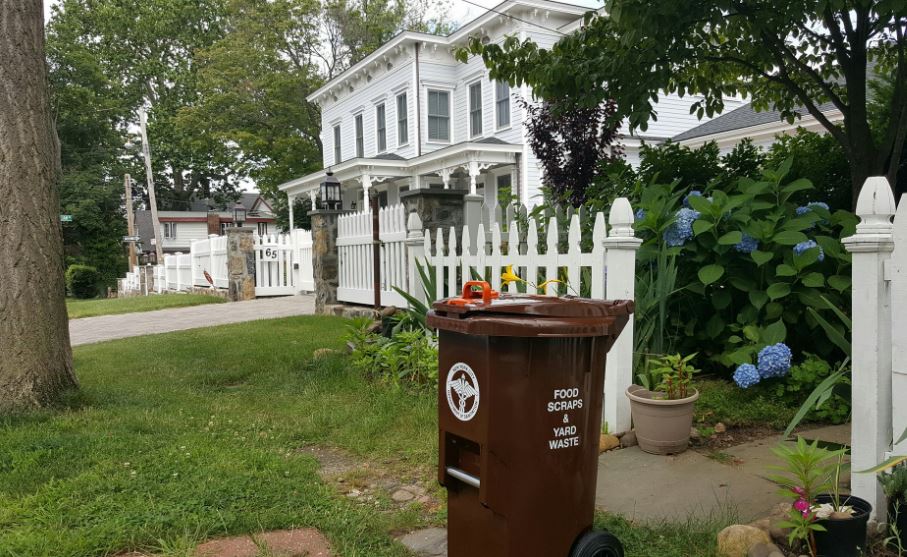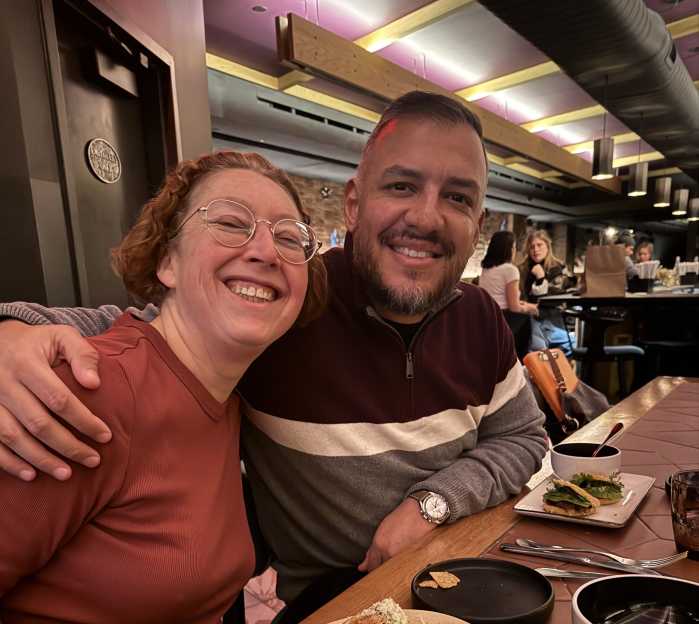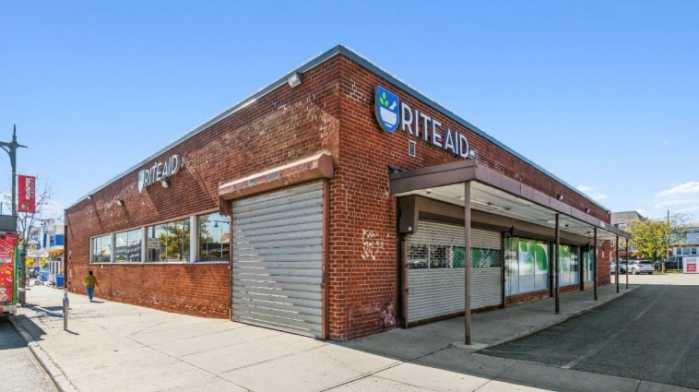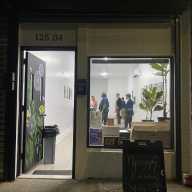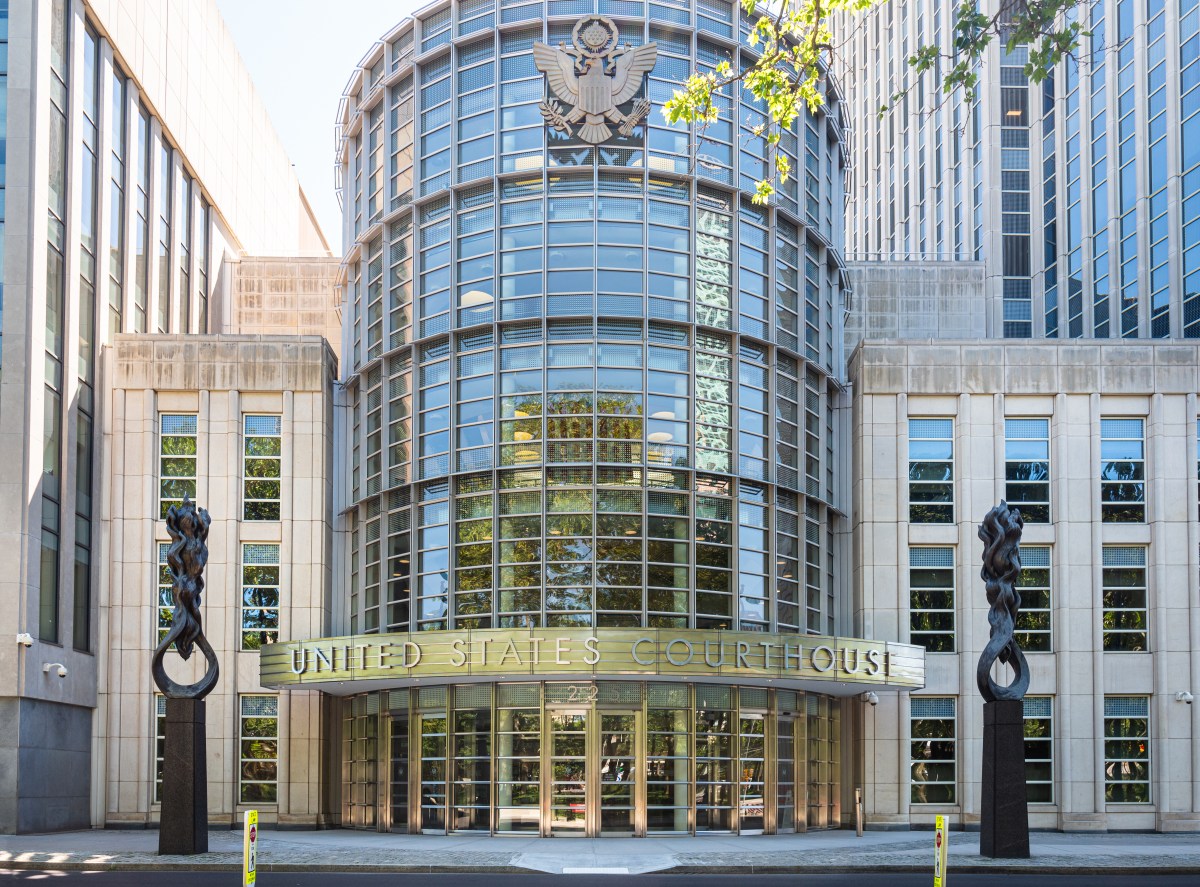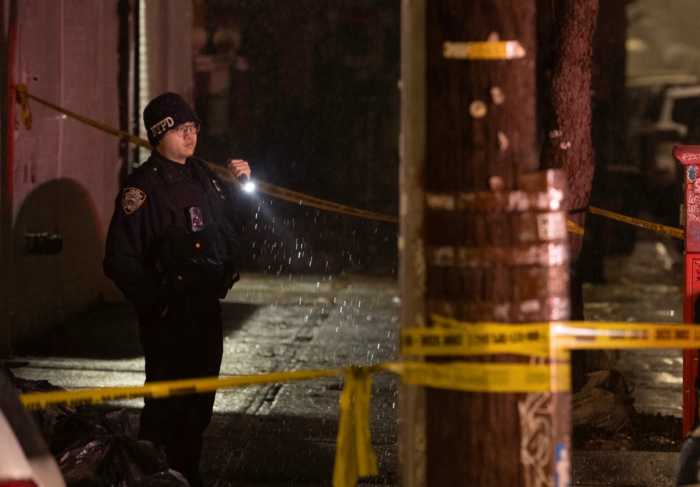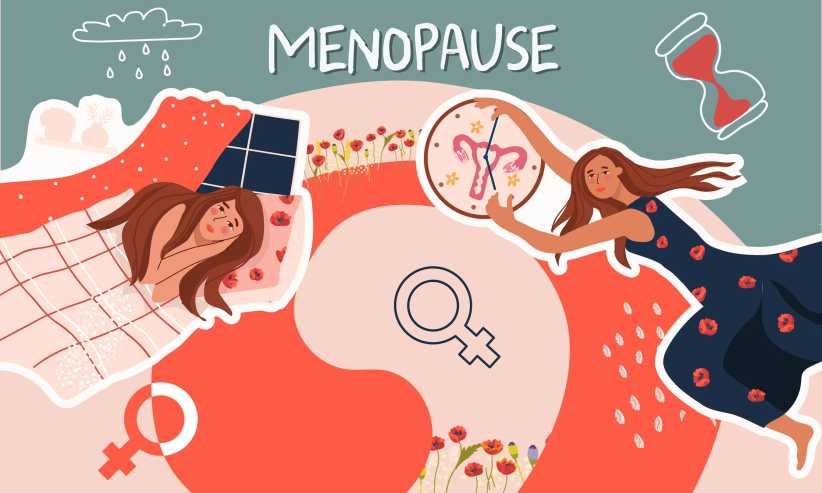Following the announcement that the city’s organics food recycling would be arriving to more Queens neighborhoods in October, representatives from the Sanitation Department (DSNY) spoke at a Flushing meeting to clear up some details.
First and foremost, DSNY employee Leanne Spaulding said at the Sept. 25 Community Board 7 meeting, the program is completely voluntary. Participation is not mandatory.
Organics collection within the community board, which serves areas of Bayside, College Point, Flushing and Whitestone, will begin the week of Oct. 2. Residents within the district should have received a notice in the mail about the program, as well as their organics program supplies: a brown bin, a small kitchen container and fact sheet.
Items that should be placed into the brown bins are food scraps, spoiled food, food-soiled paper and yard trimmings and plants. Items not acceptable include liquids; recyclables such as metal, glass or cardboard; medical, animal or pet waste; cigarette butts and ashes; and tree branches. View a comprehensive list here.
Participants are asked to collect their food scraps and materials in their kitchen container during the week. Then, organics should be emptied into the larger brown bin, which should be closed, latched and set out at the curb before collection day. After collection, the waste is turned into compost and renewable energy.
In Community Board 7, organics will be collected on the same day as recycling. Residents of other Queens neighborhoods can visit this DSNY webpage to figure out their collection schedule.
After the presentation, District Manager Marilyn McAndrews told Spaulding the board office has received many phone calls from residents after the brown bins appeared on their doorsteps. The DSNY representative was then presented with a flurry of questions from board members.
When asked if a collection day falls on a holiday, the representative said the organics waste will be collected the following day. Notices will be sent to local elected officials and the board in advance.
Regarding liners, residents are not required to line their kitchen containers or brown bins, but it is suggested. Compostable or paper bags are best and can be purchased at supermarkets. If residents use plastic bags to line their kitchen containers, they are asked to empty the organics into the larger bin and dispose of the plastic bag in the garbage.
Another board member expressed concerns with things like meat and bones being collected for composting. Because the materials are handled by industrial composting equipment, Spaulding said, the extremely high temperatures kill bacteria. Compost is also checked and certified before being distributed or sold to the public.
Those who live in a building with 10 or more apartments or along a commercial block can sign up to be a part of the program by calling 311 or visiting nyc.gov/organics, the representative also pointed out.
Organics recycling was implemented in areas of Bayside, Douglaston, Little Neck and Ridgewood in December 2016. Southeast Queens neighborhoods were included in late 2015 and early 2016.

